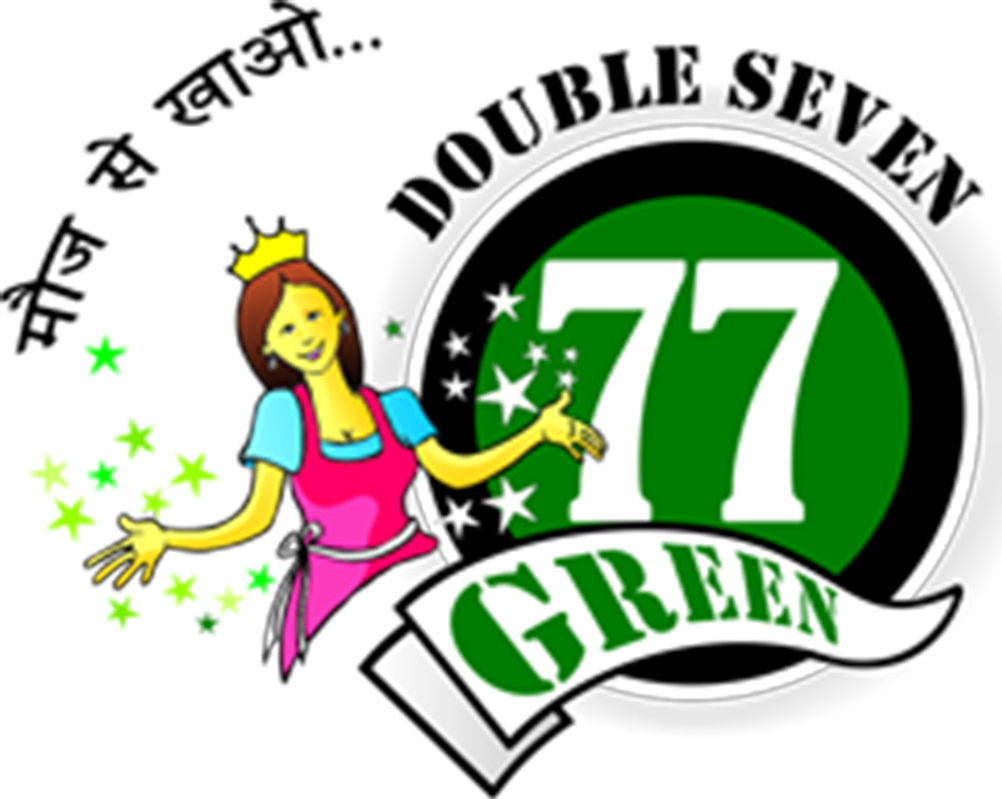PTC (Suppl)(1) 802 (SC) SUPREME COURT OF INDIA R.G. Anand Versus Delux Films & Ors.
Copyrights in Film Industries.
The film taken as a whole is required to be considered while considering the infringement of a copyrights. There cannot be copyrights in idea.
Sections 26 & 55–Infringement–Burden of proof–Before the charge of violation of copyright is levelled against the defendant, it must be shown that he has taken a substantial portion of the matter from the original and made unfair advantage of the protective work.
Held As a violation of copyright amounts to an act of piracy it must be proved by clear and cogent evidence.
Where however the question is of the violation of the copyright of stage play by a film producer or a
Director the task of the plaintiff becomes more difficult to prove piracy. It is manifest that unlike a stage a film has a much broader prospective, a wider field and a bigger background where the defendants can by introducing a variety of incidents give a colour and complexion different from the manner in which the copyrighted work has expressed the idea. Even so, if the viewer after seeing the film gets a totality of impression that the film is by and large a copy of the original play, violation of the copyright may be said to be proved.
The Trial Judge who had also had the advantage of seeing the picture was of the opinion that the film taken as a whole is quite different from the play written by the plaintiff.
For the purposes of this Act, `copyright’ means the sole right to produce or reproduce the work or any
substantial part thereof in any material form whatsoever, to perform, or in the case of a lecture to deliver, the work or any substantial part thereof in public. If the work is unpublished, to publish the work or any substantial part thereof; and shall include the sole right.
This view was taken by the U.S. Supreme Court in the case of Bobbs-Merrill Company v. Isidor Straus and
Nathan Straus,210 U.S. 339.
In the American Jurisprudence also it is pointed out that the law does not recognize property rights in
abstract idea, nor is an idea protected by a copyright and it becomes a copyrighted work only when the idea is given embodiment in a tangible form. In this connection the following observations are made:-
“Generally speaking, the law does not recognize property rights in abstract ideas and does not accord the author or proprietor the protection of his ideas, which the law does accord to the proprietor of personal property”.

































































